KLEX
Tutorial workshop for children and adults
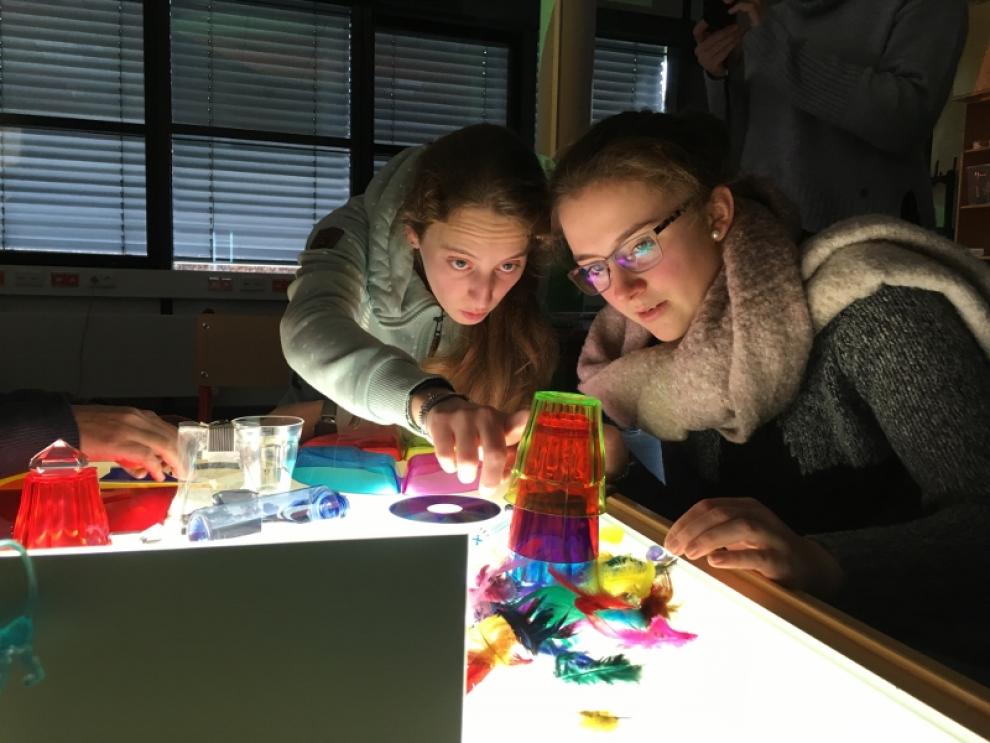
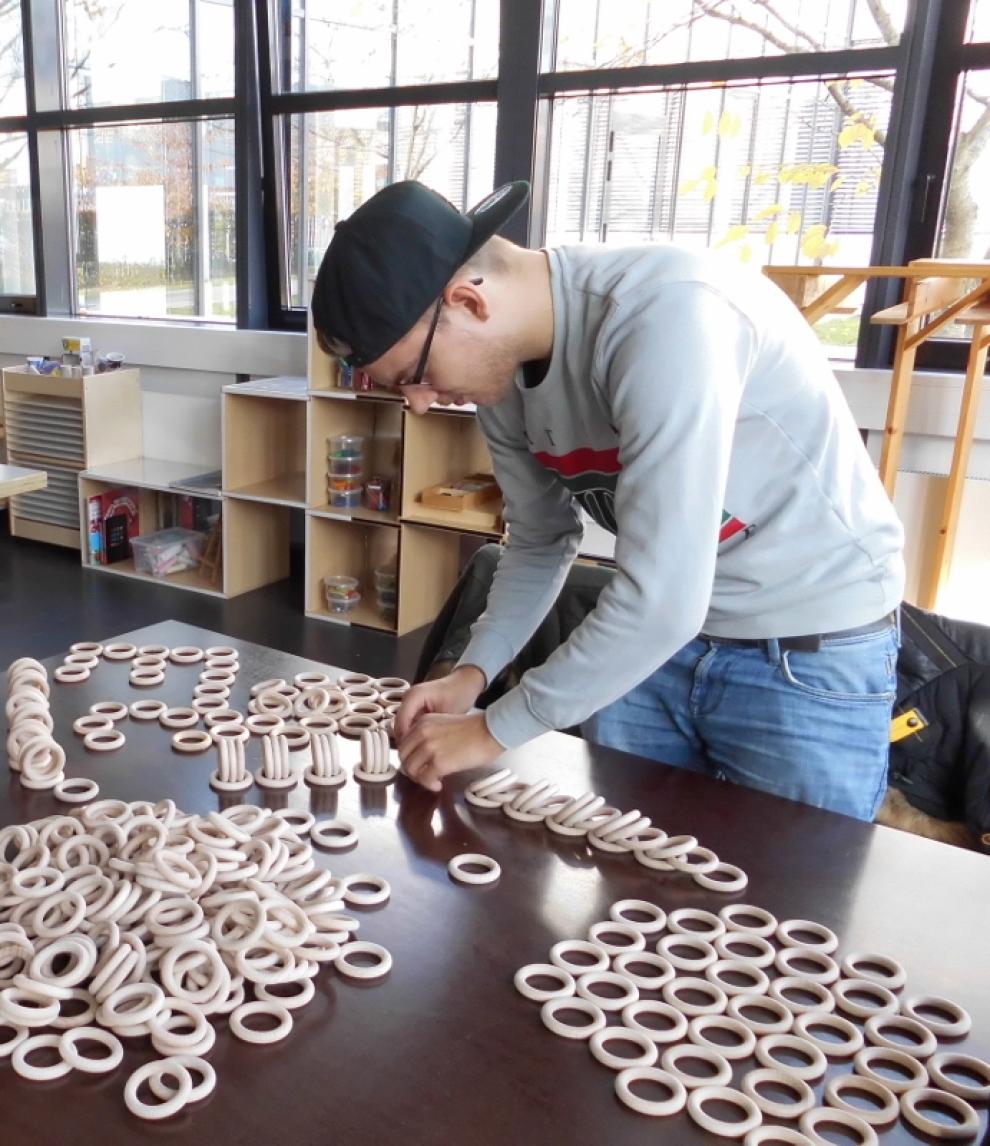
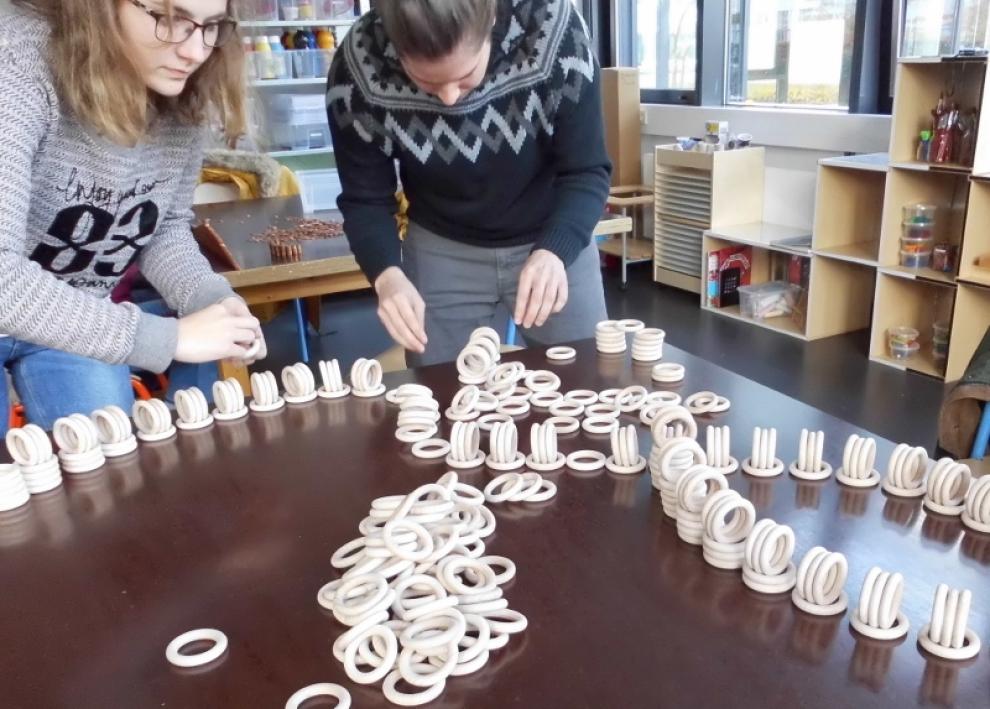
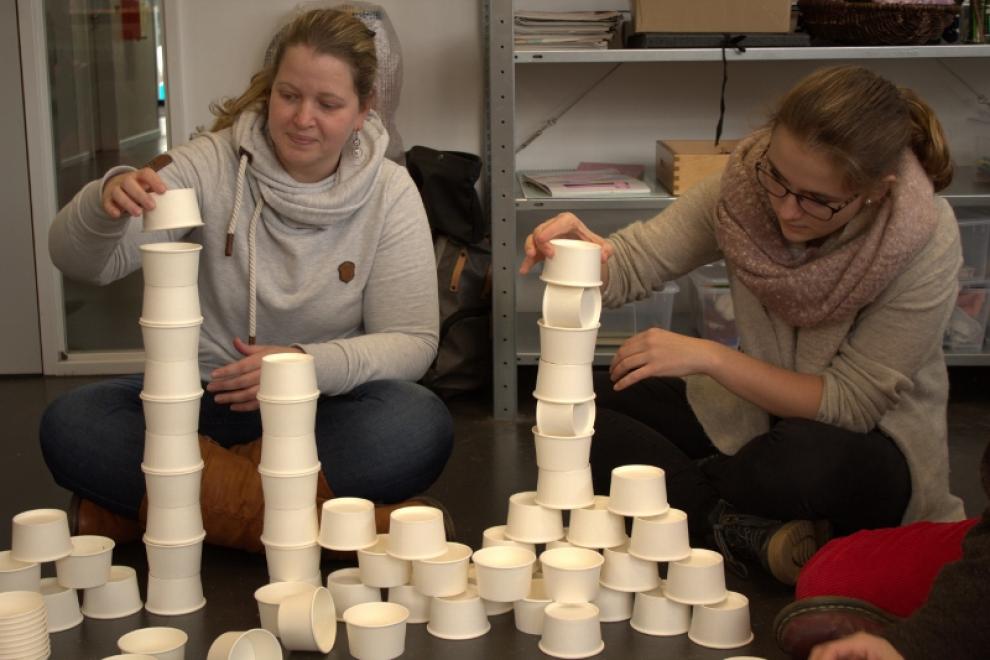
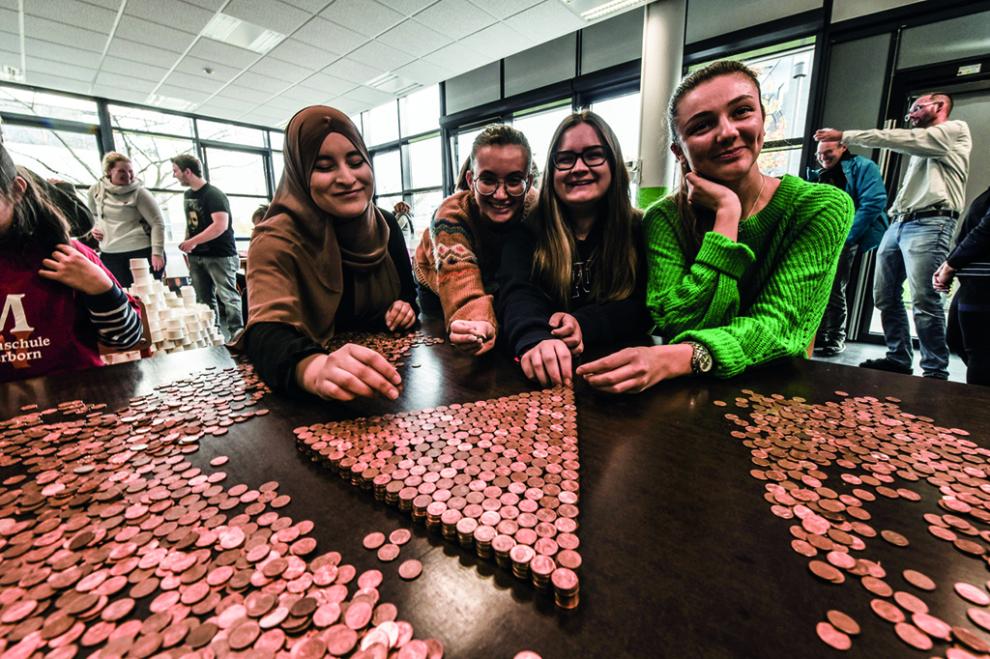
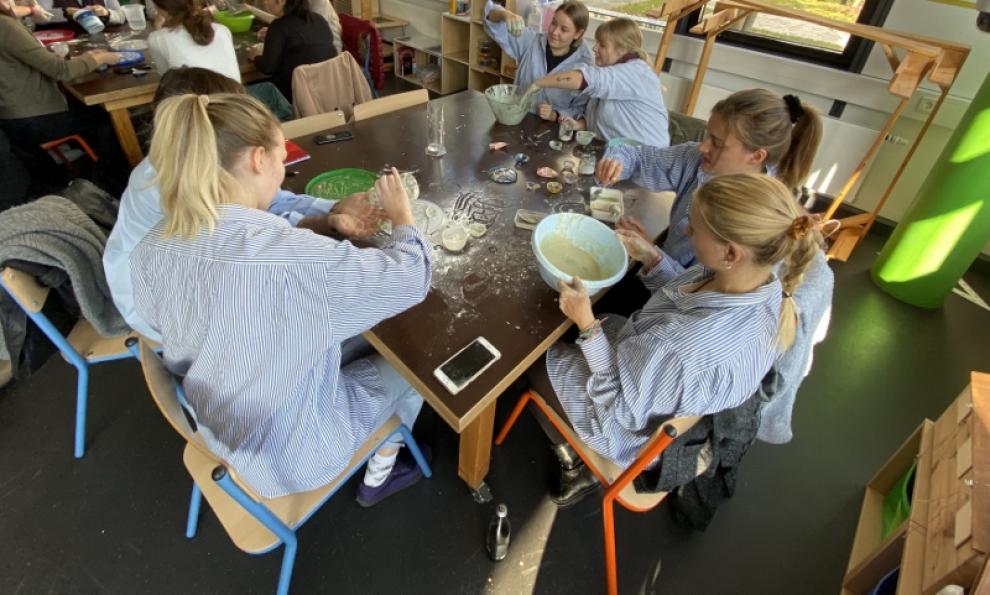
What is KLEX?
KLEX is a German acronym that stands for Kindliches Lernen Erfahren und EXperimentieren, or ‘children’s learning, experiencing and experimenting’. It’s a 70 m2 tutorial workshop with an adjacent outside area for use by both students and children. KLEX is a part of XpeRTiSE, the larger landscape of laboratories offered by the Faculty of Society and Economics and is allocated in particular to the Early Childhood Education B.A. programme.
KLEX’s indoor facility is equipped with three pan/tilt/zoom cameras, a 360° fisheye camera and a boundary microphone which allow live observation and video recordings for research purposes under strict data privacy considerations. These recordings are used, for example, as valuable teaching material in lectures and seminars of the Early Childhood Education B.A. programme.
What is a ‘tutorial workshop’?
KLEX is based on the theories of constructivism, deconstruction and new materialism, as well as ideas stemming from the international tutorial workshop movement. As with other tutorial workshops, KLEX offers a wide variety of materials and tools for users to research, experiment, build and create new things based on each person’s individual interests, ideas and motivations. The materials, tools and even the room itself are works-in-progress, varying often and in interesting new ways. As a result, recycling is often an important aspect of tutorial workshops: materials such as cardboard, wood, tableware etc. are frequently donated by private persons and companies alike.
What does the tutorial workshop KLEX offer?
KLEX was designed to be used by both students and children in a wide variety of applications, particularly in teaching and research. The open, unrestricted learning environment offered by KLEX lets students and children learn without disciplinary boundaries: the natural sciences can be combined with theatre and art in new ways, for example, and completely new learning combinations can be invented and tried freely. These novel experiences offer in turn unique opportunities for visitors both big and small to reflect on their roles as teachers and learners, which promotes the development of higher order thinking skills (metacognition).
KLEX is a tutorial workshop with room for:
- didactic accompaniment in lectures and seminars of the Early Childhood Education B.A. programme,
- free and flexible use by students,
- play visits by partner daycare centres in the region,
- independent research during ‘Open Tutorial Workshops’,
- research projects and working groups,
- research-related video recordings.
Who can attend Open Tutorial Workshops in KLEX?
Twice a month, KLEX is transformed into an Open Tutorial Workshop where children, teachers and students collaborate in a playful and creative learning environment. Daycare centres and other support facilities are welcome to participate with groups of up to ten children. Open Tutorial Workshops take place:
during the lecture period on the second and fourth Thursdays of the month, from 8:00 a.m. to noon.
Please register at least one week in advance.
KLEX-FGO@hochschule-rhein-waal.de
Groups can also register to participate in student-led projects as well.
We look forward to your visit!
Early Childhood Education B.A.
Early Childhood Education B.A. is a full-time degree programme taught over the course of seven semesters. It imparts to students profound theoretical and practical pedagogical skills for teaching children between the ages of 0 and 14 years. The interdisciplinary degree programme is built upon a foundation of methodologies and theories from the fields of education, the humanities and social sciences. Students can put theory into practice in the realistic surroundings of the KLEX tutorial workshop, brainstorm and conduct their own research projects and apply research methods in ways that strengthen their abilities to self-reflect and communicate as confident professionals.
What’s more, students acquire useful knowledge in the fields of law, business management and political science, enabling them to pursue a range of careers in childhood pedagogy and education policy or continue their studies in-depth with a master’s degree. Graduates are awarded a Bachelor of Arts in Early Childhood Education (Kindheitspädagogik) and are certified as ‘Early Childhood Educators’ (Kindheitspädagogen) by the German government.
